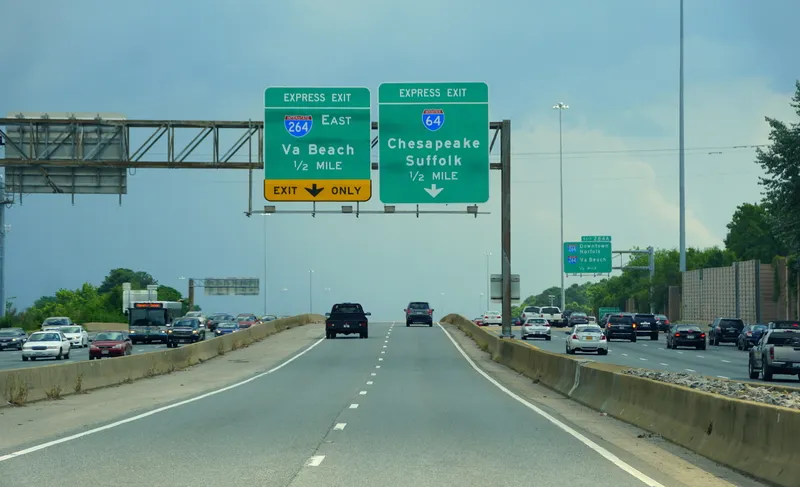Sumitomo Corporation of America, in conjunction with its car builder partner Nippon Sharyo, has received a contract award from Virginia Railway Express (VRE) for 50 Gallery-type Bi-level passenger cars. The base order is to supply eight cars at a contract price of $21 million and is scheduled to be delivered in 2014. This contract includes an option for VRE to purchase up to an additional 42 cars. If the option is exercised, the total contract would amount to $119 million. VRE will use the cars procured thr
March 22, 2012
Read time: 2 mins
Sumitomo Corporation of America, in conjunction with its car builder partner Nippon Sharyo, has received a contract award from 4179 Virginia Railway Express (VRE) for 50 Gallery-type Bi-level passenger cars. The base order is to supply eight cars at a contract price of $21 million and is scheduled to be delivered in 2014. This contract includes an option for VRE to purchase up to an additional 42 cars. If the option is exercised, the total contract would amount to $119 million. VRE will use the cars procured through this contract to update its fleet by replacing some of their older cars and adding more cars to handle their increase in ridership.
The gallery-type bi-level passenger car is a unique type of bi-level car which has open space between the two sides of the upper deck and allows ticket collectors to check tickets on both levels from the bottom level. Sumitomo Corporation of America with Nippon Sharyo has already delivered a total of 71 passenger cars to VRE. Moreover, a total of 643 gallery-type bi-level passenger cars has already been supplied by Sumitomo Corporation of America and Nippon Sharyo in the US.
The gallery-type bi-level passenger car is a unique type of bi-level car which has open space between the two sides of the upper deck and allows ticket collectors to check tickets on both levels from the bottom level. Sumitomo Corporation of America with Nippon Sharyo has already delivered a total of 71 passenger cars to VRE. Moreover, a total of 643 gallery-type bi-level passenger cars has already been supplied by Sumitomo Corporation of America and Nippon Sharyo in the US.










